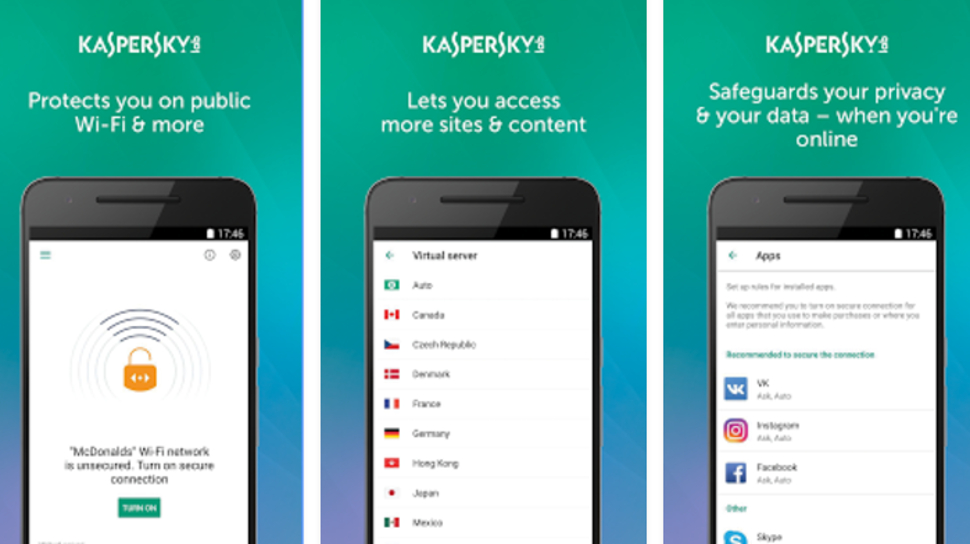Kaspersky’s Android VPN app comes under fire for intrusive permissions
Users aren’t happy about apparent contradiction on the privacy front

A fresh VPN controversy has reared its head, this time concerning an Android VPN app which was recently released by security firm Kaspersky.
As Ghacks spotted, Kaspersky Secure Connection: VPN Service is an app which is designed to guard your mobile device’s internet connection, keeping your traffic secure and maintaining your privacy, but it appears to trample over the latter aim with the permissions it requests upon installation.
The VPN app asks the user for permissions including access to location, calls and contacts, along with device and app history.
A clutch of various permissions may be fairly common practice with many apps, but as mentioned, leveraging this kind of access to a device runs contrary to the whole ethos of running a virtual private network – where the emphasis should obviously be on privacy.
A good number of user reviews on the Play Store have taken Kaspersky to task on this point. One reviewer wrote: “Why would a VPN app ask permission to access contacts, location, and phone details?”
Another observed: “It's supposed to help protect my privacy but the permissions ask for too much. Feels like it defeats the purpose.”
Bubbling controversy
To throw some further spice into the controversy cauldron, Kaspersky Secure Connection: VPN Service is apparently powered by Hotspot Shield. Yes, the same outfit recently accused of abusing user data for its own ends, and employing ‘unfair and deceptive’ practices regarding redirecting traffic to partner websites including online ad firms.
Hotspot Shield strongly denied these allegations, it should be noted, but the apparent connection here isn’t likely to be helpful for Kaspersky’s Android app right now.
Kaspersky has a big name and reputation to uphold in the security world, so hopefully we’ll soon hear the firm clarify this app’s permissions, and who knows, perhaps even tempering them.
As ever, though, when you install a piece of software, it’s up to you to scrutinize the permissions – don’t just ignore this screen and click onwards – and decide whether you’re comfortable with them or not. If the latter, then don’t proceed with the installation, and simply look for an alternative app.
Via: Betanews
- Need some guidance? We’ve picked out the best VPN services
Sign up to the TechRadar Pro newsletter to get all the top news, opinion, features and guidance your business needs to succeed!
Darren is a freelancer writing news and features for TechRadar (and occasionally T3) across a broad range of computing topics including CPUs, GPUs, various other hardware, VPNs, antivirus and more. He has written about tech for the best part of three decades, and writes books in his spare time (his debut novel - 'I Know What You Did Last Supper' - was published by Hachette UK in 2013).